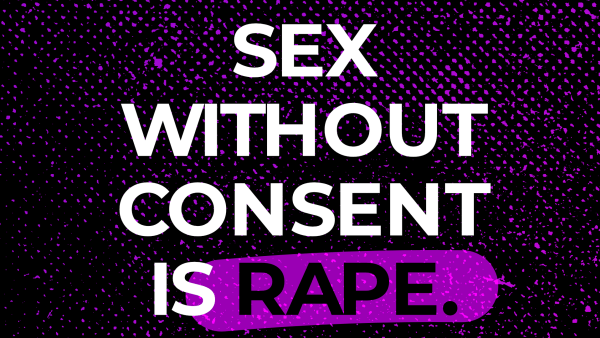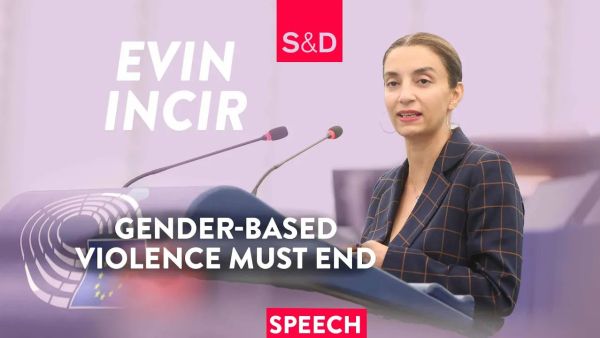During an informal meeting today called by the Austrian presidency of the European Council, S&D MEP and chair of the European Parliament’s committee on civil liberties, justice and home affairs, Claude Moraes, outlined the Parliament’s grounds for triggering article 7 against the Hungarian government, which were conveyed to member states.
Although the meeting itself was positive, leading S&D MEPs remain deeply concerned by the continued failure of the Austrian presidency to take meaningful action against the Hungarian government for consistent and sustained attacks on the basic principles of EU membership.
S&D Group leader Udo Bullmann said:
“In September, the European Parliament took the historic step of voting to launch Article 7 procedures against a member state. This was supported by an overwhelming majority in the European Parliament, spanning the political spectrum. The message was clear; Victor Orbán’s government could no longer flout the basic principles of EU membership without facing consequences. This message seems to have been heard across Europe but not by the Austrian government. Sebastian Kurz looks like he is doing a lot to stop real action being taken against the Hungarian government.
“The Austrian government, who holds the rotating presidency of the European Council, has attempted to restrict debates on the issue to informal meetings. When it was finally added to national ministers’ agendas, they refused to let the relevant MEPs attend - preferring to discuss the issue behind closed doors. This is not acceptable and confirms the concerns about the EPP’s affiliation.”
Claude Moraes, chair of the European Parliament’s committee on civil liberties, justice, and home affairs added:
“The decision to launch article 7 procedures against the Hungarian government was not taken lightly. It was based on overwhelming evidence from the last seven years of how Victor Orbán’s government has eroded basic principles of democracy and the rule of law in Hungary. We have seen attacks on independent media, universities being forced out of the country, as well as attempts to demonise immigrants and minorities.
“The EU needs to be able to act when its founding principles are threatened in a member state. The European Parliament has shown that it is willing and able to act, but meaningful follow-up is now being blocked by Orbán’s allies in the European Council. We urge Sebastian Kurz to change course and ensure an open and transparent exchange with relevant MEPs in attendance whenever the issue is debated in the Council. In the long term, we need to avoid politicisation of rule of law issues by creating a truly independent mechanism to monitor the situation in each member state.”









